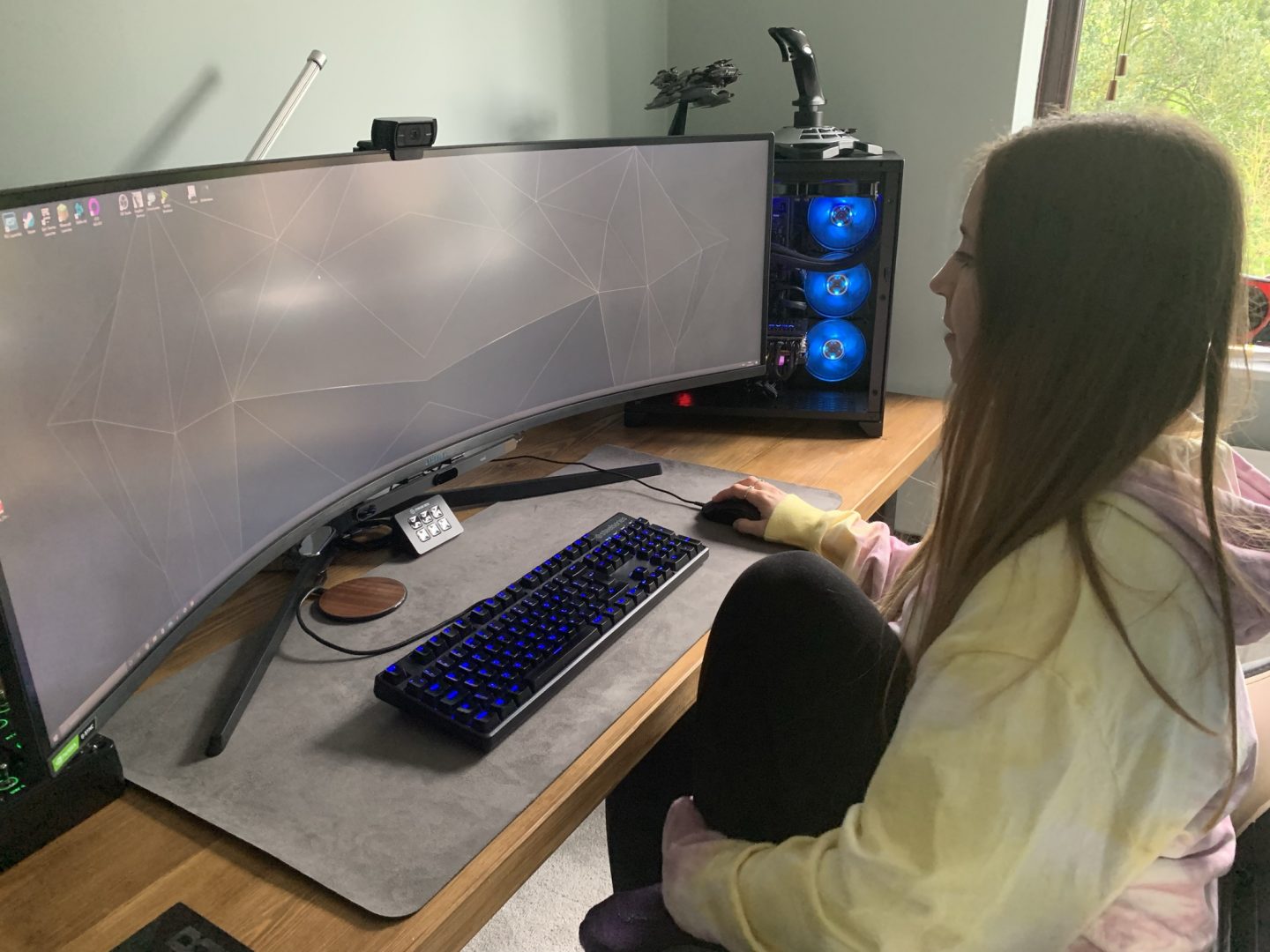When it comes to being a gamer there is nothing worse than what you play your games on breaking, whether it be a console or even a Gameboy, but the real killer is when it is your mighty gaming PC. if you have built or bought a prebuilt PC they do not come cheap even the low-end ones are going to set you back hundreds of pounds. When your PC won’t turn on it is not always a simple fix either there can be multiple things causing it either together or just on their own and you need to be checking them all.
If you game or rely on your PC for anything and it isn’t turning on then hopefully this guide will help you get to the bottom of the issue and get you back to doing what you love and also give you the understanding you need to deal with any issues in the future.

Clearly, I borrowed Ry’s PC setup for this pic! Thanks Ry!
Check where you PC is plugged into
If your PC is plugged into a surge protector or even straight into the wall socket it is best to check those first. This is the easiest thing to check and rule out as the issue, especially if you have kids or pets, they could easily knock the cable and pull it out slightly or even knock the switch on the wall or surge protector you are plugged into. If you have experienced any outages due to weather or just an issue in your area it is best to reset your surge protector or check it as a surge or blowout can cause them to need a reset and not work, it is definitely worth checking these before you start thinking of a new PC or replacing parts.
Check your RAM if you can
If you are getting random blue screen (BSOD) errors then this may be a sign that your RAM is to blame for your PC not booting. If you have a spare PC for any reason with the correct RAM ports then test your RAM on it which you can download software for from the internet to diagnose. This is a more time-consuming thing to test each RAM one by one but it can help find the culprit for your booting issues. If you are using multiple sticks of RAM you could also just try booting with one stick of RAM in the machine, this can help to identify a bad stick of RAM.
Seek professional help
This may seem the simple option but sometimes it can cost a bit to get IT support so it isn’t always the first thing on the list. However, a professional is going to find the issue a lot quicker especially if you are not too clued up on what makes a PC tick so seek some help, even if it is a friend that could part with some advice on what you could do, it is better than hitting your head against a wall trying to figure it out.
If you are having issues booting up your gaming PC and you are unsure what you could do then hopefully these few tips can help you understand what you can do more and maybe get your issue sorted.